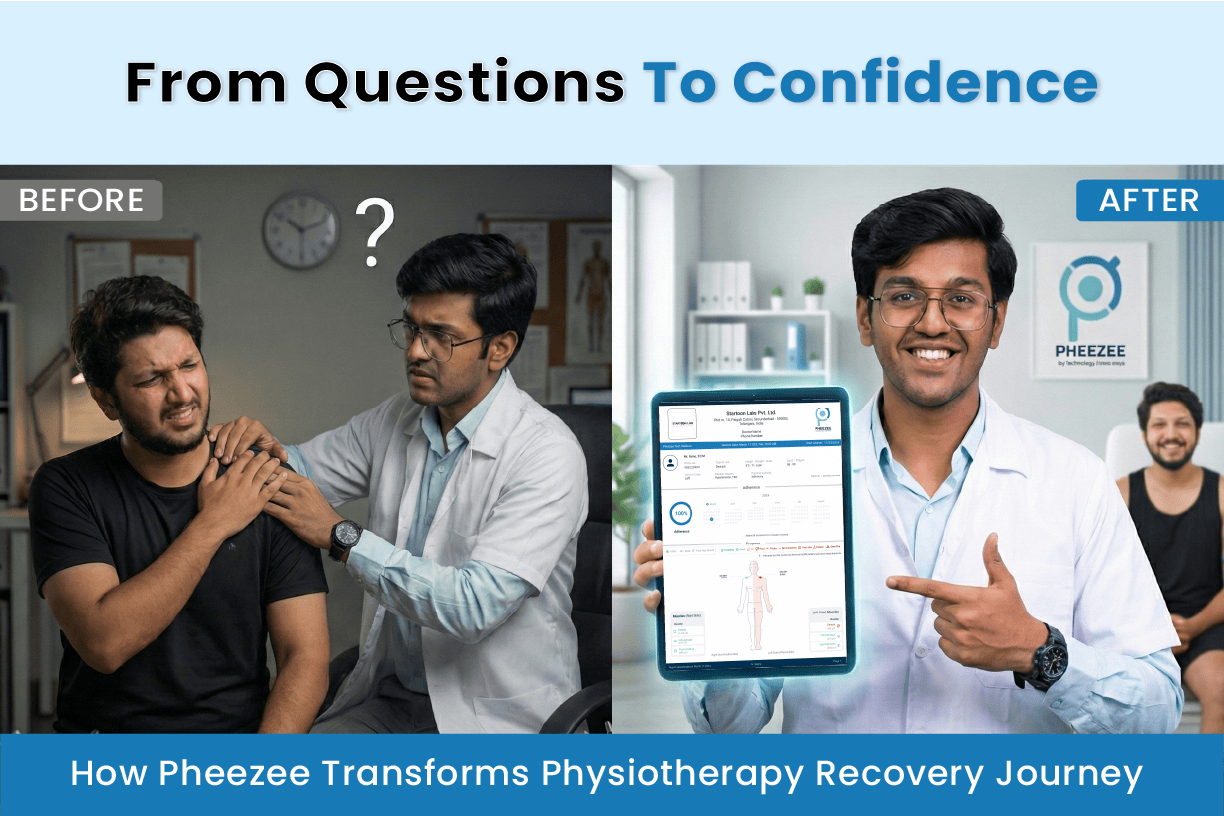From Pain to Performance: How Innovative Devices Are Redefining Physiotherapy

India is rapidly emerging as a global hub for physiotherapy and medical device innovation. The healthcare sector is projected to reach US$50 billion by 2025, driven by rising awareness of physical health, sports medicine, and advanced rehabilitation technologies. With the introduction of innovative physiotherapy devices, patients are now experiencing faster recovery times, more accurate assessments, and improved outcomes.
Smart physiotherapy devices, powered by sensors and artificial intelligence, have transformed how physical rehabilitation is delivered. From motion tracking systems to electromyography (EMG) muscle assessment tools, these technologies enable physiotherapists to collect real-time data and customize treatment plans. The result is a precise, measurable, and efficient recovery process.
During and after the COVID-19 pandemic, physiotherapy witnessed a paradigm shift. The need for remote monitoring and home-based care accelerated the adoption of portable, connected medical devices. Patients could continue rehabilitation at home using compact therapy units, while physiotherapists monitored progress remotely through digital platforms.
Globally, the market for physiotherapy equipment is growing at a CAGR of 6.2%. India’s contribution to this growth is significant due to a surge in health-tech startups and government initiatives under the “Make in India” and “PLI” schemes. The establishment of medical device parks in states such as Tamil Nadu, Madhya Pradesh, and Uttar Pradesh is encouraging domestic manufacturing and innovation.
Key Innovations Redefining Physiotherapy
1. EMG and Motion Sensors: These devices provide data on muscle activation and range of motion, helping therapists tailor exercise intensity and track patient progress objectively.
2. Wearable Rehabilitation Devices: Compact and comfortable wearables allow patients to perform exercises safely at home while ensuring accurate motion capture and feedback.
3. Robotic-Assisted Therapy: Robots and exoskeletons are assisting in stroke recovery and post-surgery rehabilitation, enabling repetitive, controlled movement patterns for neuromuscular training.
4. AI-Powered Recovery Platforms: Artificial intelligence helps analyze patient data, predict recovery patterns, and personalize physiotherapy sessions, improving outcomes and engagement.
Industrial Growth and Opportunities
With over 4,000 health-tech startups and increasing government support, India is set to become a leading exporter of rehabilitation and physiotherapy technologies. The domestic production of diagnostic, orthopedic, and rehabilitation equipment has increased significantly since 2020, reducing dependency on imports and creating employment opportunities.
Tele-physiotherapy and hybrid care models are also on the rise. Remote patient monitoring tools are bridging the accessibility gap, especially in rural areas. These innovations not only enhance convenience but also reduce treatment costs.
As patients and practitioners continue embracing smart physiotherapy devices, the focus has shifted from temporary pain relief to long-term performance enhancement. With technology as a key driver, physiotherapy is evolving from a manual discipline into a data-driven, patient-centric science.
In conclusion, the future of physiotherapy lies in the seamless integration of innovation, accessibility, and precision. As India continues to lead the charge in healthcare manufacturing, these advancements are transforming lives — taking patients from pain to performance, one smart device at a time.


Be the first to comment on this post